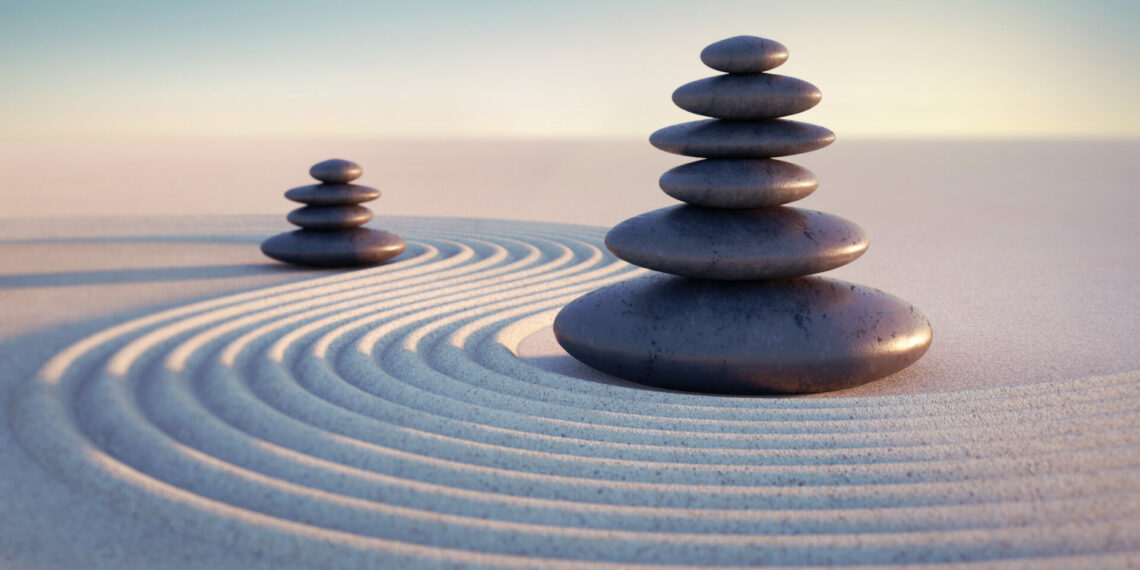The Concepts Behind Feng Shui
To learn more about Feng Shui, you may be interested in reading about its concepts. Basically, Feng Shui is a system of design, based on the interaction of a person with their environment. Feng Shui uses its own language to describe its elements and its status in the world. Consequently, the concepts behind the practice are not easily quantified with scientific terminology. However, it can help you choose the right design for your space.
Designing with feng shui
The most important feng shui concept is the yin and yang symbol. Light always goes with dark. You must balance light and dark in your home or office. A good balance is not 100 percent perfect, but it should be appropriate for your space. Feng shui principles state that it is a good idea to have a bit of light and a little bit of darkness in your space.
The basic principles of feng shui are rooted in ancient Chinese culture. The aim of this ancient practice is to promote harmonious flow of qi through a home or office space. To achieve this, you should position various objects according to their feng shui positions. For example, you should position the TV opposite the door. This will attract good luck. But feng shui also requires that you place a mirror opposite to a door.
Bagua map
You can visualize the design of your home using the Bagua map. It is an excellent tool for identifying areas that need immediate attention. By using this map, you can align your front door with areas related to your career, knowledge, and helpful friends. You can apply the principles of Feng Shui to each of these areas. By using the Bagua map, you can create a harmonious space in your home.
To learn more about feng shui, it helps to know how to apply the Bagua map to your home. This ancient Chinese practice focuses on the flow of energy, and makes sure that a space respects the rules. This flow of energy can be achieved by using an energy flow map such as the Bagua, which displays how to divide spaces to allow optimal flow. Think of a pizza – each slice is connected to a specific area in your life.
Yin-yang forces
The Yin-Yang forces are the foundation of the ancient art of feng shui. Essentially, each of them has a role in the world and can support each other in many different ways. Achieving harmony requires the blending of the Yin-Yang forces in your environment, lifestyle, and other aspects of your life. The Yin-Yang forces of nature are also important to your health, and can affect the overall quality of your life.
Yin represents the opposites of Yin, and Yin energy is associated with females. The Yin represents dark or aggressive energy, and the Yang forces are associated with light and airy spaces. The Yin-Yang forces of feng shui are related to both the natural and man-made forces in our environment. This balance helps us achieve a harmonious environment in our homes.
Natural light
One of the concepts behind feng shui is natural light. The ancient Chinese believed that natural light has a positive influence on our daily lives. They used grid charts to measure the flow of life force and also looked at natural light and the impact of the elements of the environment, such as the water, earth, and wind. If you’d like to learn more about this concept, you should read about the ancient Chinese art of feng shui.
In feng shui, natural light is essential for your home. Not only does it help you feel more relaxed, but it also helps you achieve a positive state of mind. The concept of natural light is based on the belief that natural light brings energy from the outer world into the interior. In a home that lacks natural light, you can use artificial lighting to create the appropriate environment for the different areas of the home. There are three types of lighting: ambient light, task light, and accent lighting. Accent lighting can also be used to draw attention to certain objects and aspects of your home’s exterior.
Cross-ventilation
The basic concept behind feng shui is to bring in as much natural light as possible. If possible, keep your windows open in the morning to allow fresh air to flow into your home. Fresh air is a great feng shui foundation, and will improve the flow of energy throughout your home. Here are some tips for cross-ventilating your home:
Window treatments: Having windows in a home promotes healthy airflow, which will improve your perspective. Make sure your windows are relatively tall and wide to promote good cross-ventilation. Use window treatments to regulate airflow. Choose window treatments according to their orientation, function, and location. Adding a view to your home will increase its value, and the added sheng qi will encourage good luck and prosperity.


